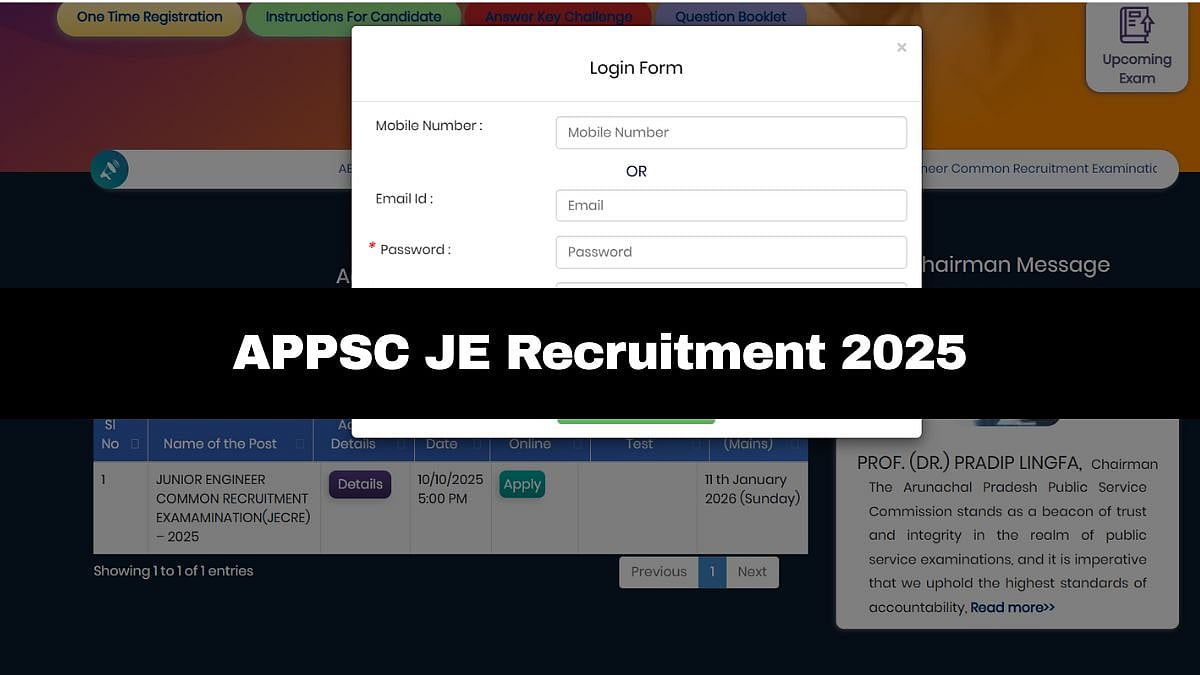Mumbai: The Enforcement Directorate (ED) on June 13 conducted searches at seven locations across Mumbai, Delhi, Chennai, and Gurgaon in connection with a major money laundering probe linked to an illegal online forex trading case involving the international broker OctaFX Trading App and its website www.octafx.com, which allegedly defrauded Indian investors of over Rs 800 crore.
During the searches, ED officials seized incriminating documents and digital devices from several locations, which are being examined for evidence of illegal financial transactions, hawala routes, and possible use of shell companies to evade regulatory oversight. The search operation revealed that OctaFX employed URL masking techniques to hide the identity of payment gateways and avoid regulatory scrutiny. This means that instead of using clearly identifiable payment links, the platform redirected users through generic or misleading URLs, making it difficult for banks and enforcement agencies to trace transactions to unauthorized or illicit sources.
The case stems from an FIR registered by Pune's Shivaji Nagar police station, where victims alleged they were lured into investing through the OctaFX platform with promises of high returns.
The investigation revealed that OctaFX, in collaboration with M/s OctaFX India Pvt Ltd, operated in India without authorisation from the Reserve Bank of India (RBI). The platform allegedly lured investors with unauthorised leveraged trading services, collecting over Rs 800 crore within a span of less than a year. Despite prior red flags from the RBI, it continued its operations in violation of Indian financial regulations.
OctaFX, registered in offshore jurisdictions, is suspected of targeting Indian investors through aggressive digital marketing campaigns, luring them with promises of high returns on forex trades. Many users, unaware of the legal implications, engaged in cross-border currency trading, violating Prevention of Money Laundering (PMLA) norms.
Investigators found that OctaFX routed investor funds through mule accounts into escrow accounts maintained by an unauthorized payment aggregator, Dinero Payment Services. To evade regulatory checks, the company allegedly onboarded shell firms posing as e-commerce platforms using fake KYC documents. These entities accessed payment gateways to channel funds disguised as online purchases. Nearly 50% of user funds were diverted to mule payout accounts and masked as e-commerce refunds, vendor payments or chargebacks. This layering process was designed to obscure the actual movement and purpose of the funds, the central agency said on Tuesday.
The seized digital evidence is being analysed, and key individuals associated with the operation have been summoned for questioning. The agency is coordinating with financial regulators and forensic experts to trace the money trail.

So far, the ED has attached, seized, or frozen assets worth Rs 160.8 crore, including properties in Spain, and has filed two prosecution complaints in the case.








